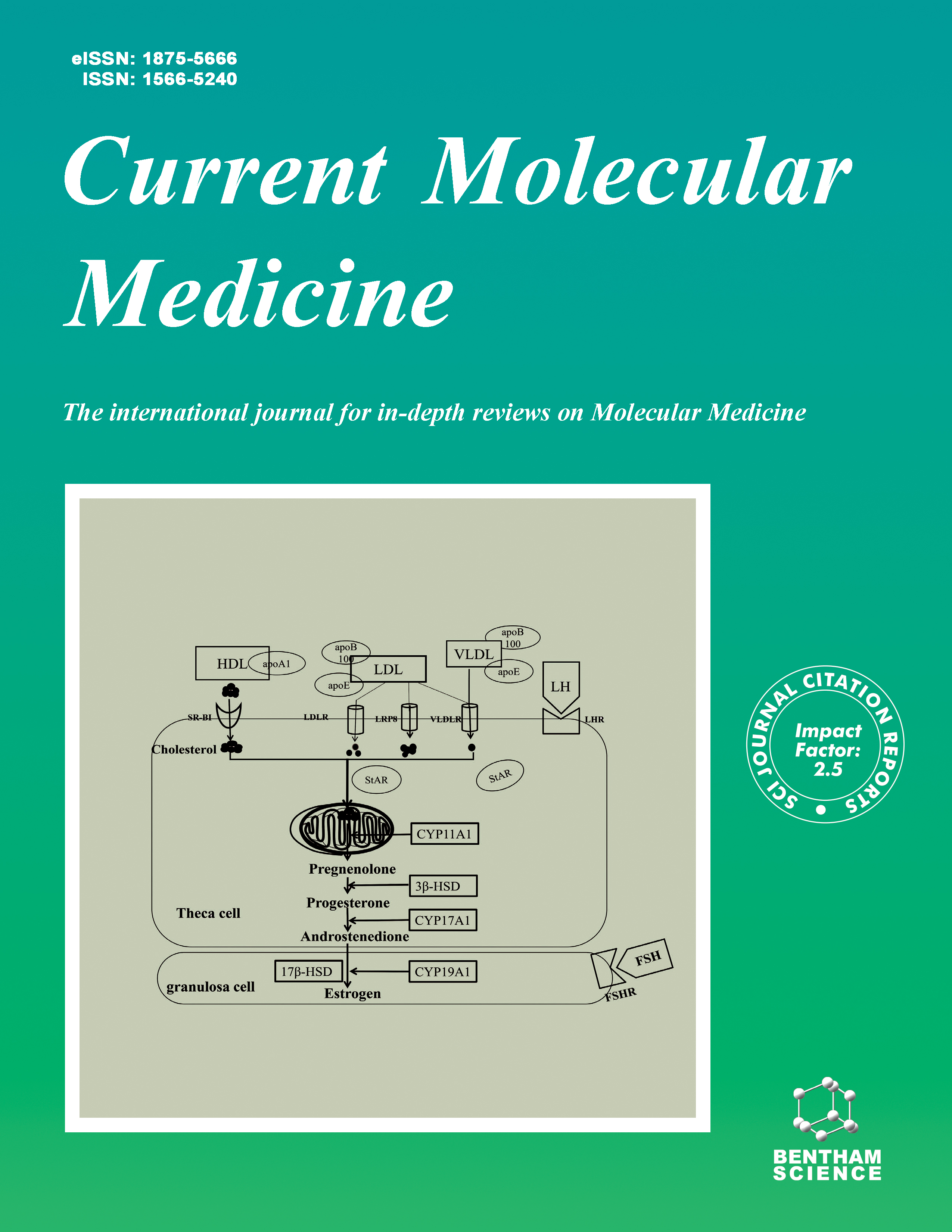
Full text loading...
Immune checkpoint inhibitors have revolutionized cancer treatment by allowing T cells to reactivate. Tumor mutational burden (TMB) is a biomarker that has emerged as a viable diagnostic for locating patients who would benefit from immunotherapy in particular cancer types. Greater neo-antigens mean more opportunities for T cell identification, and TMB is clinically linked to better immune checkpoint inhibitors. Tumor foreignness is a cancer immunogram, and TMB can be used as a substitute for foreignness. The role of TMB analysis as an independent predictor of immunotherapy response in the context of immune checkpoint inhibitor medications is the subject of this mini-review.

Article metrics loading...

Full text loading...
References


Data & Media loading...

